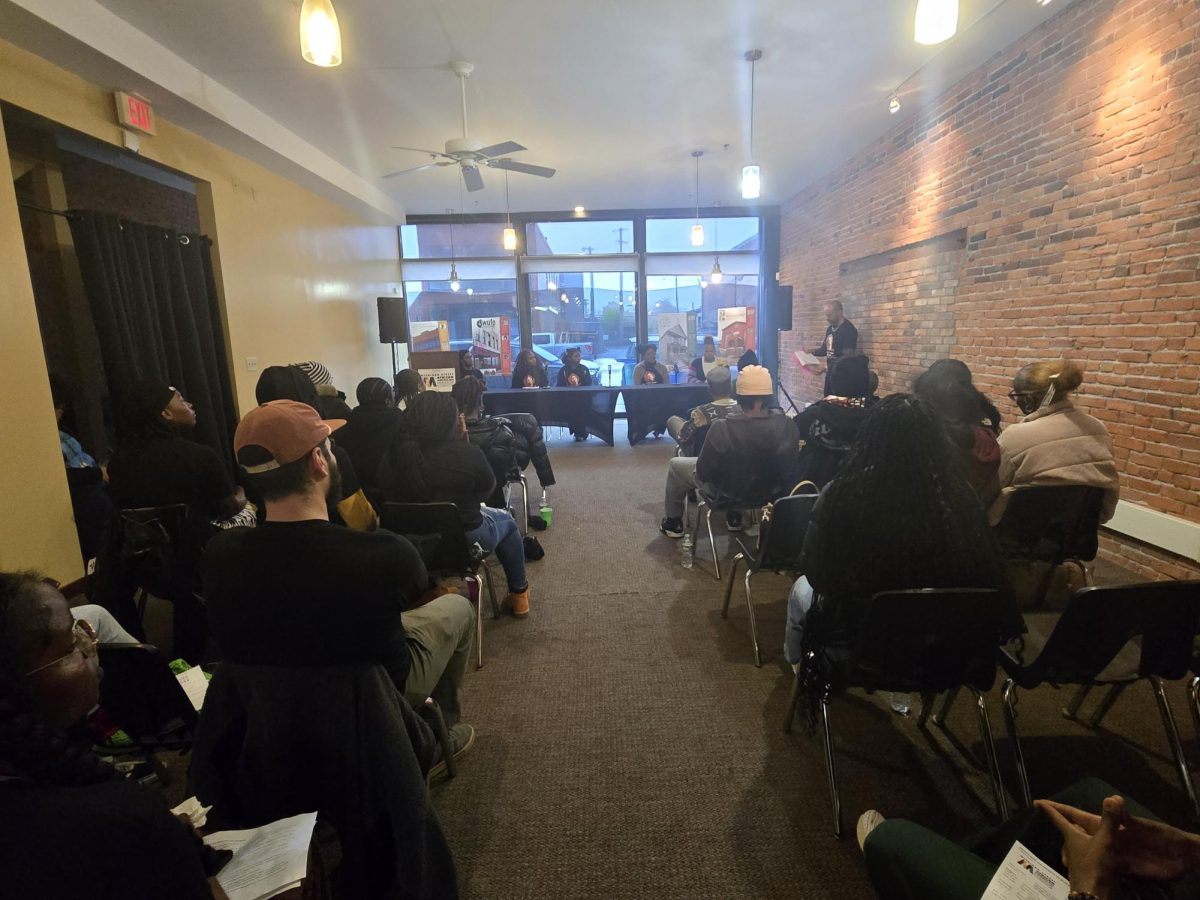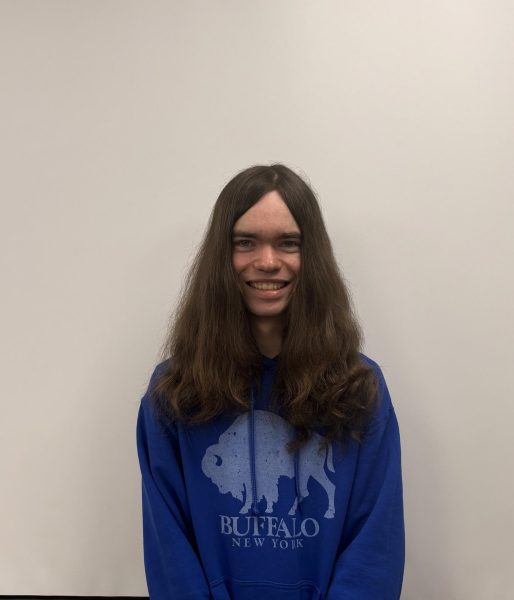Theater students join Anne Frank Project
November 12, 2014
The mission behind the Anne Frank Project, according to their website, is to improve the world one story at a time by using “storytelling as a vehicle for community building, conflict resolution, and identity exploration. Inspired by the wisdom of Anne Frank, AFP surfaces and shares stories stifled by oppression.”
Before the yearly conferences and theater shows take place as they did early during the fall, the staff within the project takes time in preparing and training some of the most important assets that help build the project around their mission: the students. Many of the students who work with the program are students who come from the theater department within SUNY Buffalo State. One of the main reasons for this is that these students are equipped with the necessary tools that allow them to embody the project’s goals and then spread the message. Drew Kahn, a professor within the theater department and founding director of the Anne Frank Project, explained the value of the student’s academic skills when it comes to participating on stage.
“Typically they come in as juniors because it is hard to come in without knowledge of how to do dramatic structure, improve, responsibility of an actor,” said Kahn, who teaches acting and voice movement. “Within the theater department’s THA 470, which is Ensemble Theater, we teach building plays from the ground up, and that takes great courage and tools. To someone who has no experience it would be a bit harder. Actors have inner instruments and that can be very demanding.”
“At the core of everything, I am a teacher. There is nothing I would allow my student to do without the proper knowledge,” Kahn said. “The preparation for the conference is much different from our work in the school. We do more volunteering and we give them large training sessions, videos and primary mentoring.”
There is not only room within the project for actors, but a population of these students includes those that work behind the scenes. The theater technology and design students are among the few who play a major role in many of the performances.
“For anyone who is doing the technical side, we look for experienced juniors and seniors,” said Eve Everette, assistant director within the Anne Frank Project, whose position allows her to work closely with many of the students throughout the year. “When the artists come in to act for a specific play, we have these technical students working with them on lights, stage design, and anything else to make the play work. It is an amazing experience for our students who work with us.”
The lessons that are taught during the students’ participation within the project goes beyond the stage or behind the scenes and into their lives as individuals. Shabr Rouse, a former theater major and now an alum who graduated with a Bachelors of Arts and Humanities is now a teaching artist within the project, emphasized the life lessons that students are able to receive.
“When I first stared there was a lot of volunteering and hearing about different issues that go on around the world. The teaching artists work with students and we use theater exercises and story telling as a means to teach them about communication and theater building. We teach students that they and their stories matter. It gives them student confidence to speak up and feel empowered that they can change the world.”
Email: hewitt.record@outlook.com



